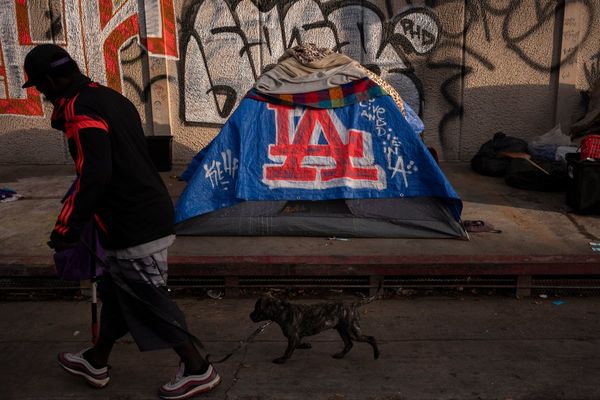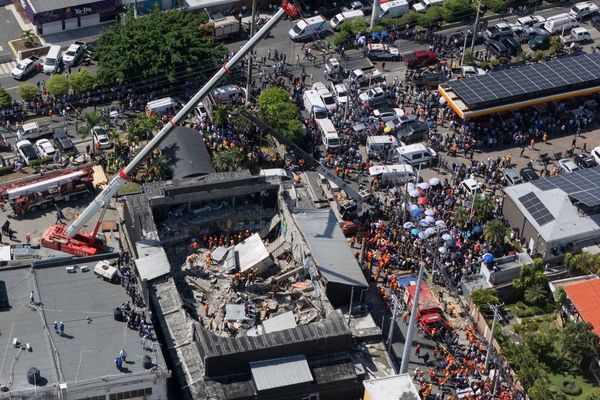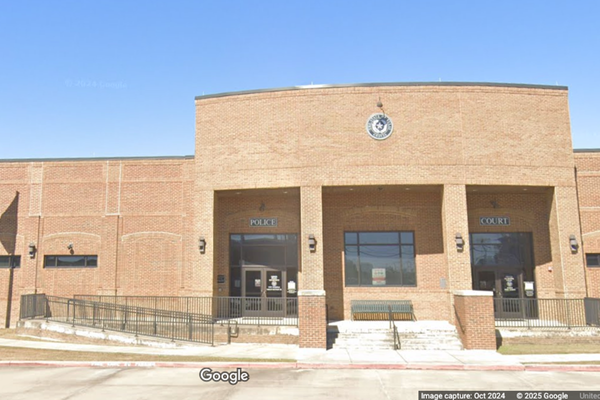
The Albanese government will overhaul a draft bill targeting misinformation and disinformation online after strong pushback against the proposal.
It will also delay introducing the legislation into parliament until 2024.
The draft legislation, released for consultation earlier this year would have allowed the Australian Communications and Media Authority to require social media companies to toughen their policies on “content [that] is false, misleading or deceptive, and where the provision of that content on the service is reasonably likely to cause or contribute to serious harm”.
The consultation drew 23,000 responses, including 3,000 submissions, many of which were critical of the bill. The large response also came after campaigns against the bill from the Coalition, One Nation and former LNP MP George Christensen.
The aim was to give Acma more powers to enforce an already-in-place voluntary industry code that includes companies such as Meta, X (formerly Twitter), Microsoft and Google.
Reaction to the bill claimed that it would stifle speech online, and would not protect religious speech in particular.
Those opposed claimed companies would over-censor to avoid being fined by Acma – which would gain information gathering powers, and could also fine individuals and companies for providing false evidence during this process, up to $6.875m or 5% of global turnover.
On Sunday, the communications minister, Michelle Rowland, said the government would take on board the responses in the public consultation and would “improve the bill”.
“The government is considering refinements to the bill, including to definitions, exemptions and clarification on religious freedom, among other things.”
She said the government remained committed to “holding powerful digital platforms to account for seriously harmful misinformation and disinformation on their services”.
“In the face of seriously harmful content that sows division, undermines support for pillars of our democracy, or disrupts public health responses, doing nothing is not an option.”
Under the proposed legislation, Acma would not direct companies to remove pieces of content but rather focus on the processes the company has in place to tackle misinformation, Acma chair Nerida O’Loughlin told Senate estimates last month.
“Do the digital platforms have systems and processes in place? Are they sticking to those systems and processes? Are they making transparent the decisions they’re making about what they’re doing with particular pieces of content?”
“We’d be looking at those types of questions rather than looking at the content.”
The voluntary code was developed under the former Morrison government, arising out of the Australian Competition and Consumer Commission’s digital platforms inquiry, and the Coalition went to the 2022 election promising legislation to give Acma powers “to hold big tech companies to account for harmful content on their platforms”.
The department had not begun drafting a bill prior to the election, a Guardian Australia freedom of information request has determined.
Since then, however, the Coalition has opposed the bill, and argued Labor’s model is not one the opposition would introduce. The shadow communications minister, David Coleman, said on Sunday despite the proposed changes, the Coalition remained “fundamentally opposed” to the bill.
Despite the lack of detail from the government about the specific changes to the bill, Coleman said the outlined changes do not deal with central problems in the legislation, including exempting the government from the proposed legislation.
LGBTQ+ equality group Just.Equal Australia slammed the government’s decision to bring in a religious exemption.
“There are already mountains of harmful misinformation and disinformation about LGBTIQA+ people in the public domain, and a religious exemption in the proposed legislation will just make this worse by sending the message that such misinformation and disinformation is OK if it is dressed up as religious doctrine,” spokesperson Sally Goldner said.







